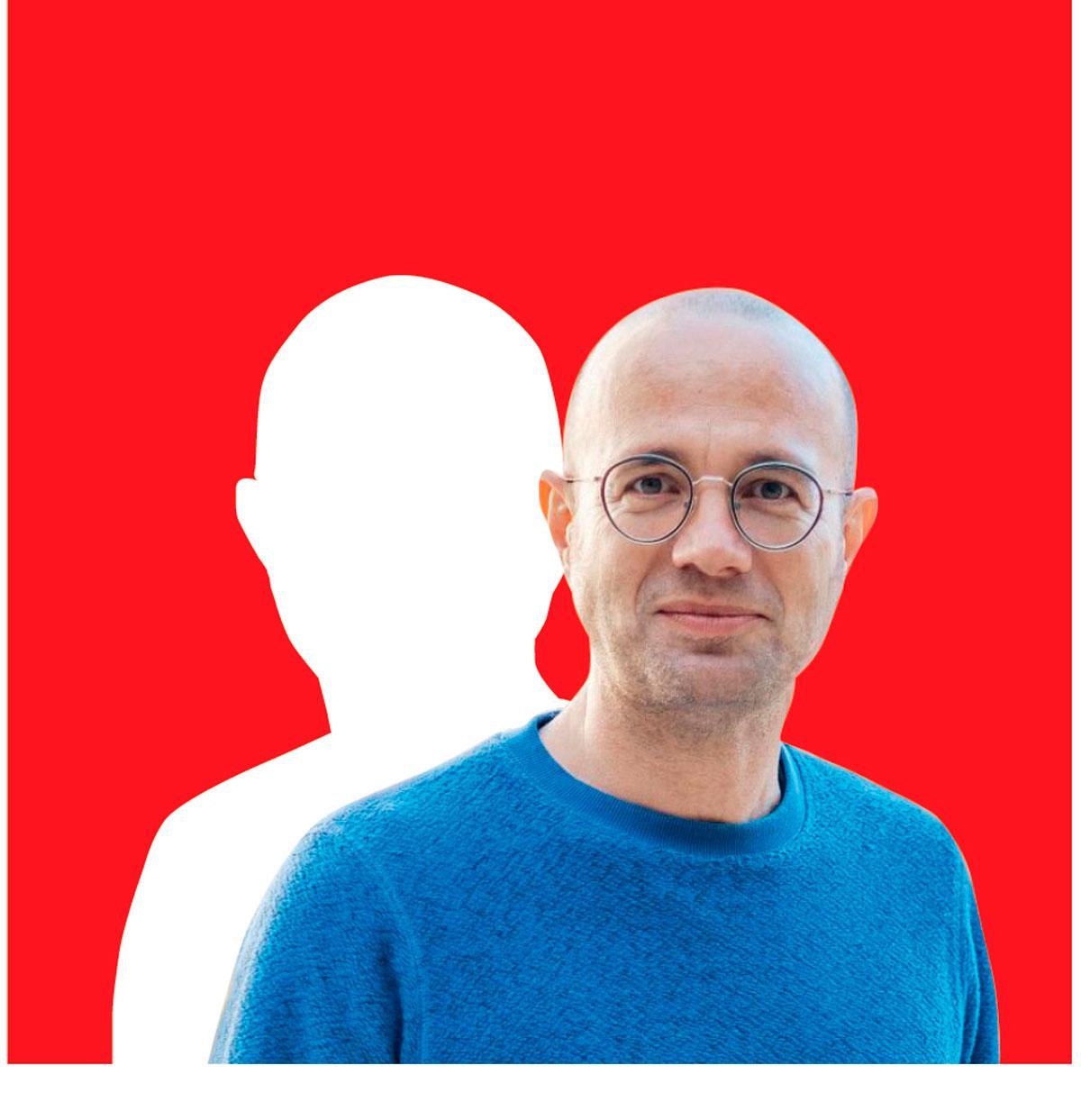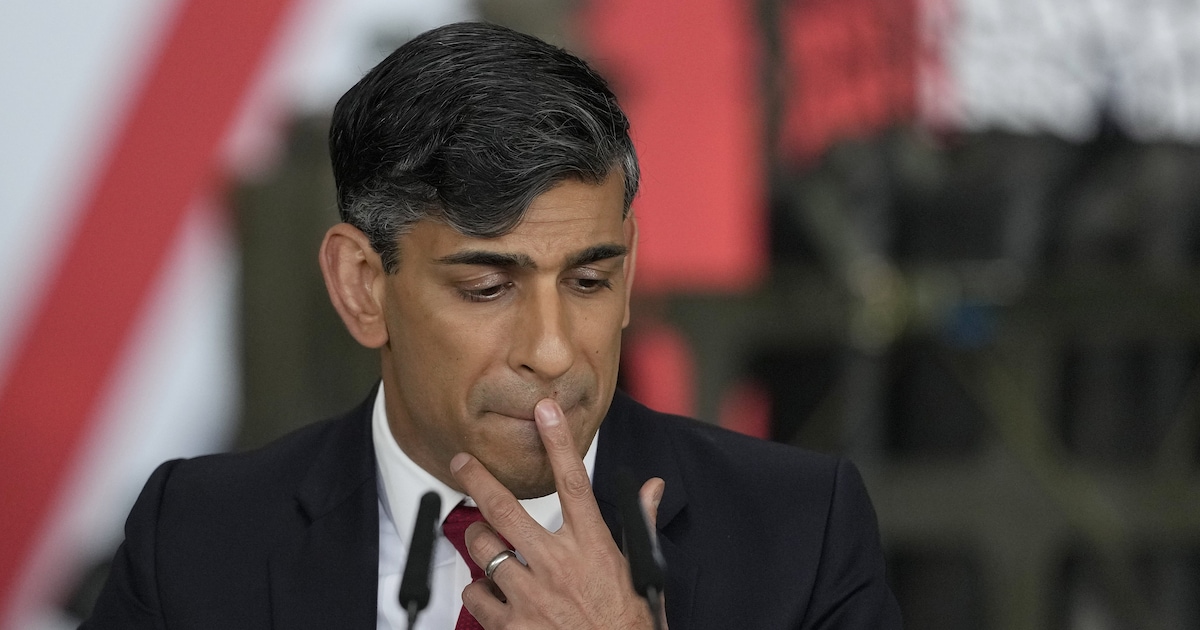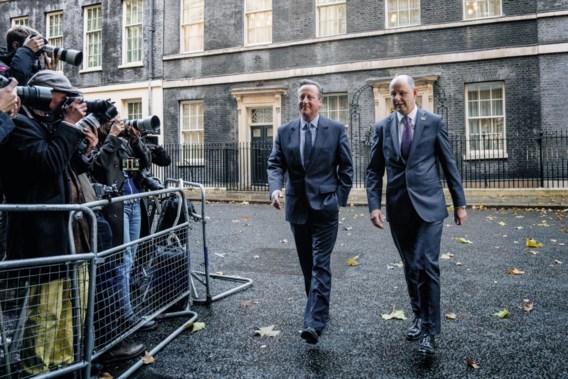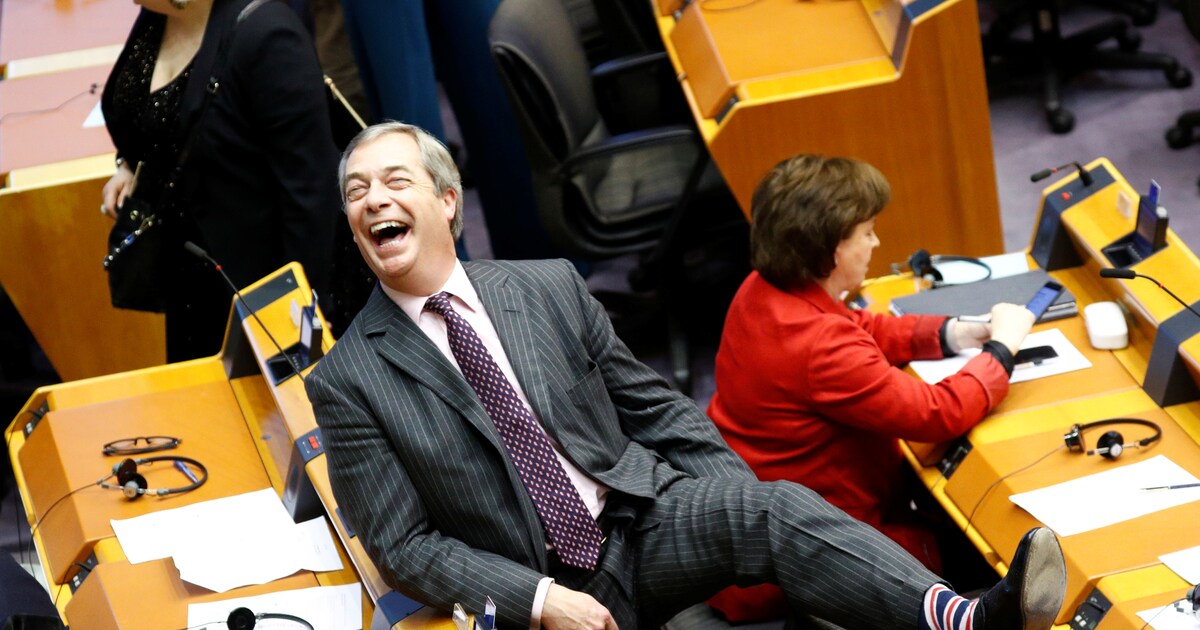What does Ghent University political scientist Nicolas Bouteca doubt?
‘I did my PhD on substantive differences between political parties’, says Nicolas Bouteca. ‘At the time I thought that the party shouldn’t have too many of the same ideas. It’s great if their views are very different from each other. Because if everyone stood for the same thing, you wouldn’t have much to say as a citizen. You cannot indicate which direction society should take. Some researchers also say that more parties leads to more trust in politics. In the Netherlands, for example, there is a very low election threshold: you only need 0.67 percent of the vote there to win a seat. That’s why so many new parties have sprung up there: the pro-European party, the party for parents, the animal party, even Thierry Baudet’s party… The amazing thing is that the Dutch have a little more faith in their politicians than we do. “That’s because we party a lot”, they often say there. A person who disagrees with the government will always find something to his liking with the opposition.’
The cartel could be a solution, or a return to the national party.
But in the meantime you doubt the statement ‘the more parties the better’.
Nicholas Bouteca: Yes, because there is also another theory about democracy which states that political parties should not be too different from one another. Otherwise, you will never reach a compromise with all those different proposals. It is also becoming increasingly difficult to form a government. By doing so you affect the stability of the system, because powerlessness undermines confidence in politics. So it’s more party or easier to manage. The two of them together looked tough. The older and bald I get, the more the manager in me wins against ideologues: I think more attention should be paid to equality in democracy than to differences.
Are there too many parties in Belgium?
Bouteca: Of course at the federal level: nowhere in Europe do you find party fragmentation like in Belgium. Since the breakup of the national parties, the formation of a government has also become increasingly difficult. The solution could be a cartel or a return to the national party, but that’s certainly not so clear.
Do you often have doubts?
Bouteca: Very often. Doubt is at the heart of science: you must constantly question everything you discover. People accept that they have doubts from scientists, from politicians not. A politician who hesitates or changes his mind is usually showered with tar and feathers. Why is CD&V getting so little sound these days? This is partly due to its legendary doubt mode: on the one hand and on the other. It no longer sells. You have to polarize and clearly differentiate from the rest. Even in my comments on politics, I find myself increasingly cutting off the words ‘maybe’ and ‘maybe’. While doubt is not an unimportant thing to achieve good results. Look at Liz Truss in the UK: she may have hesitated a little longer before coming up with her unrealistic tax plan.
In the Dare to Doubt section, Knack asks about the doubts of famous people every week.

“Hipster-friendly creator. Music guru. Proud student. Bacon buff. Avid web lover. Social media specialist. Gamer.”





/s3/static.nrc.nl/wp-content/uploads/2024/04/web-2404buibootmigrant.jpg)

